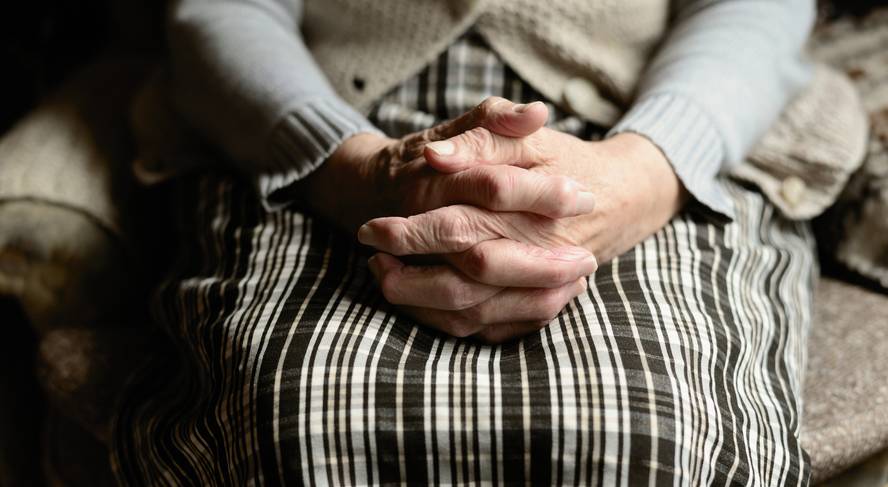Reducing calories does not always mean lengthening your life while increasing your health
However, a study published in the journal Current Biology has shown that the reduction of calories in the diet is the most effective way to lengthen life and delay age-related diseases. It seems to be conditioned by its genetic characteristics.
Analyzing 50,000 flies of 160 strains, the consumption of a hypocaloric diet does not necessarily improve both variables: To 97% have elongated their lives or improved their health, but only 50% have improved in both parameters, the other 13% were healthier and stronger, but they have died before, and 5% have extended their lives and have spent more time with worse health. The results suggest that the different genetic factors modulate these characteristics independently and that the genotype partly determines the response to the diet.
In view of the results of the flies, the authors of the study have affirmed that they expect something similar in human beings, and have emphasized that although eating less is beneficial, it must be taken into account that each human being is different and that his genetic heritage can influence in an important way the recovery of health through a hypocaloric diet.The study highlights that the lengthening of life does not have to suppose a better health. Therefore, it has been emphasized the need to know better the genetics of diseases that entails age, since it can develop parameters that allow predicting how each individual will respond.






